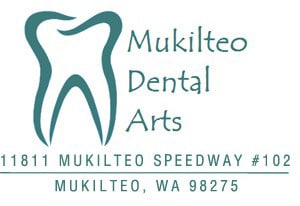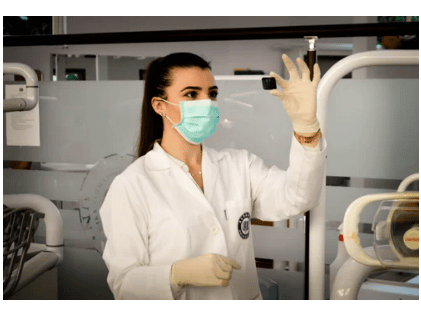
What Is a Space Maintainer?
A dental space maintainer is an orthodontic appliance made of metal or acrylic. The material may be removable or fixed to the teeth. It’s installed in the area where a baby tooth is lost prematurely. As suggested in its name, a space maintainer keeps the area of the lost tooth open. It prevents adjacent teeth from crowding into the gap, which can adversely impact the development of permanent teeth.
Due to the implications of shifting teeth, an endodontist may suggest a space maintainer for your little one. This can prevent the need for a major oral surgery a few years down the road. Continue Reading →

 Gingivitis is a form of gum inflammation that eventually leads to periodontitis that affects bones and gums. Aside from the dental ramifications, periodontitis has also been linked to birth complications. What exactly is the correlation between gum disease, pregnancy and birth defects?
Gingivitis is a form of gum inflammation that eventually leads to periodontitis that affects bones and gums. Aside from the dental ramifications, periodontitis has also been linked to birth complications. What exactly is the correlation between gum disease, pregnancy and birth defects? Stinky breath (halitosis) is embarrassing and is especially problematic if you have to talk to people up close. Why does your breath smell like the pits of hell and what can you do about it? Learn how to stop bad breath naturally.
Stinky breath (halitosis) is embarrassing and is especially problematic if you have to talk to people up close. Why does your breath smell like the pits of hell and what can you do about it? Learn how to stop bad breath naturally. Epilepsy is a complex neural disorder that causes seizures whose health ramifications are far-reaching, to include having an indirect impact on your teeth and gums. Here’s some important information about the connection between epilepsy and oral health.
Epilepsy is a complex neural disorder that causes seizures whose health ramifications are far-reaching, to include having an indirect impact on your teeth and gums. Here’s some important information about the connection between epilepsy and oral health. According to the World Health Organization, 422 million people worldwide lived with type II diabetes in 2014. If you have diabetes, or are at risk, then you may also be at risk of periodontal disease. To know for sure, let’s explore the connection between diabetes and oral health.
According to the World Health Organization, 422 million people worldwide lived with type II diabetes in 2014. If you have diabetes, or are at risk, then you may also be at risk of periodontal disease. To know for sure, let’s explore the connection between diabetes and oral health. Parents need not be concerned about how much their children suck their thumbs. This is a natural behavior. However, if a child continues to do it well after it’s appropriate for their age, that can be bad. Thumb sucking can have long-term dental ramifications.
Parents need not be concerned about how much their children suck their thumbs. This is a natural behavior. However, if a child continues to do it well after it’s appropriate for their age, that can be bad. Thumb sucking can have long-term dental ramifications. More people are exploring alternative forms of dental care. One such method is called “oil pulling,” which some people swear by. What exactly is this method and is it a legitimate form of oral hygiene?
More people are exploring alternative forms of dental care. One such method is called “oil pulling,” which some people swear by. What exactly is this method and is it a legitimate form of oral hygiene? “Dry mouth” is a common symptom most people can attest to experiencing at one point or another. This often occurs during slumber. Why is dry mouth during sleep bad? The answer is simple: lack of saliva creates a breeding ground for bad bacteria. Read on to learn about the causes and how to prevent it.
“Dry mouth” is a common symptom most people can attest to experiencing at one point or another. This often occurs during slumber. Why is dry mouth during sleep bad? The answer is simple: lack of saliva creates a breeding ground for bad bacteria. Read on to learn about the causes and how to prevent it. 2019 is upon us. What are some of your resolutions? If you’re like most people, you probably plan to lose some weight or get that long-due job promotion. Here’s another thought: how about some dental New Year’s resolutions? Better health, after all, includes your teeth and gums.
2019 is upon us. What are some of your resolutions? If you’re like most people, you probably plan to lose some weight or get that long-due job promotion. Here’s another thought: how about some dental New Year’s resolutions? Better health, after all, includes your teeth and gums.